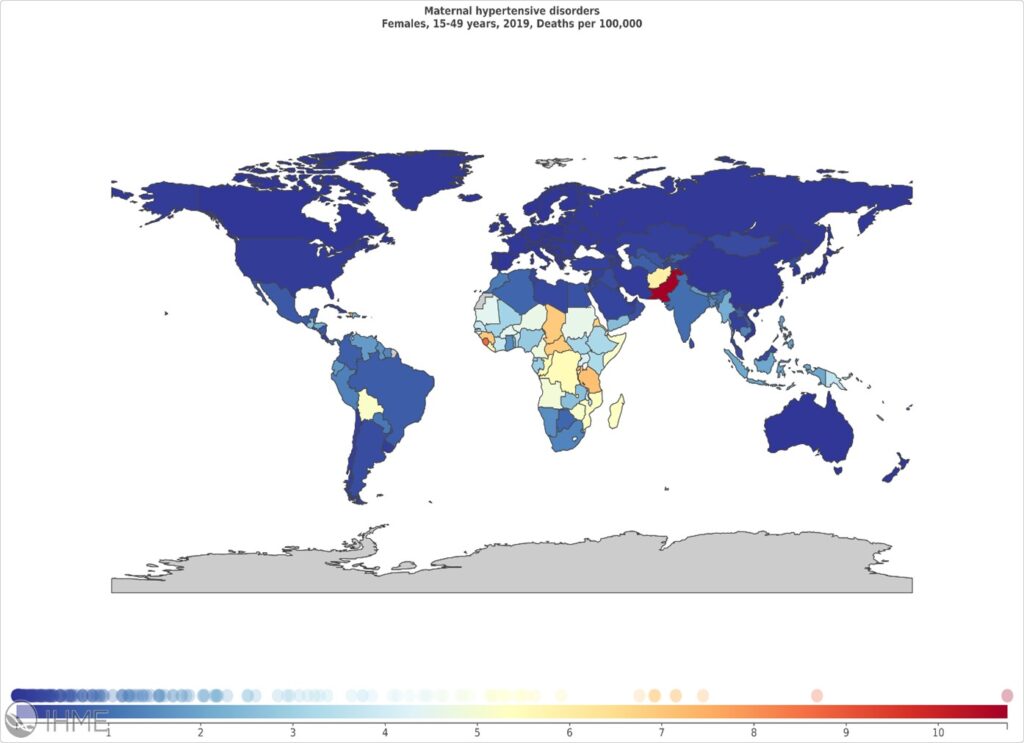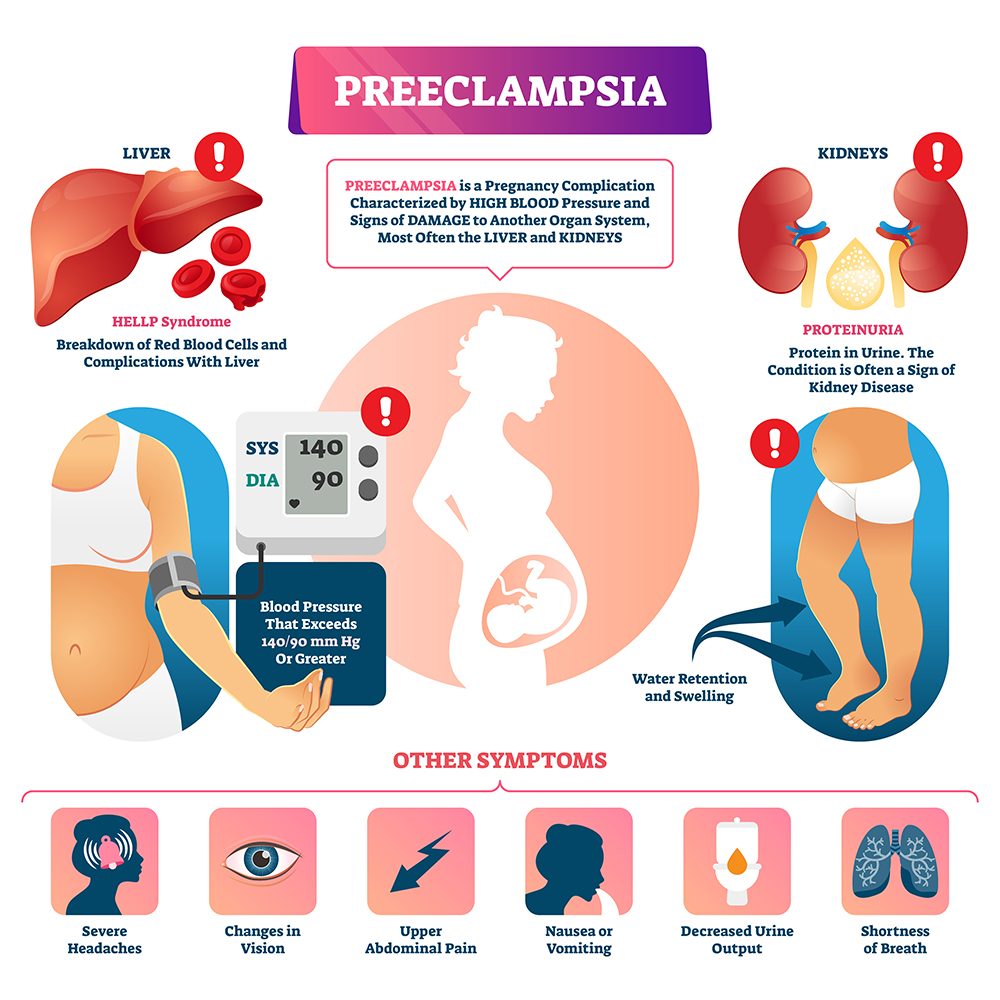Addressing Global Calcium Deficiency
An estimated 3.5 billion people around the globe are at risk of calcium deficiency due to inadequate dietary intake. While primarily associated with bone health, calcium has also been shown to reduce the risk of preeclampsia and associated complications, which are leading causes of maternal morbidity and mortality. Populations in low- and middle- income countries (LMICs), especially in parts of Asia, Africa, and South America, are at greatest risk of low calcium intakes, and have the higher rates of mortality from maternal hypertensive disorders, according to the Global Burden of Disease.

In partnership with the Children’s Investment Fund Foundation, the Academy assembled a Scientific Advisory Committee composed of five calcium experts, followed by a larger group of 22 specialists named “Calcium Task Force” to guide the global agenda for Calcium. In March and April 2021, the Academy convened two virtual meetings with the Calcium Task Force. This Task Force is composed of experts in micronutrients, malnutrition, pediatrics, gynecology and obstetrics, biochemistry, public health, supplementation and food fortification. During these two virtual meetings, the Task Force assessed the evidence on global calcium deficiency and its health consequences, and useful indicators of calcium absorption and intake. It also considered potential interventions such as calcium supplementation for pregnant women to improve pregnancy outcomes and associated implementation challenges, as well as food-based interventions to improve the intake of this vital micronutrient, especially in populations with low calcium intake. The group was also commissioned to identify the research gaps and provide guidance for interventions and policies based on the most current available evidence.
Activities
First Meeting of the Calcium Task Force
On March 1-3, 2021, the Nutrition Science Program of the New York Academy of Sciences convened the first of two meetings of the Calcium Task Force. The agenda was structured around three major topics: epidemiology of inadequate calcium intakes and associated health outcomes, calcium supplementation for pregnant women, and food-based interventions to improve calcium intake.
Second Meeting of the Calcium Task Force
The second meeting was hosted on April 26-28, 2021. The Calcium Task Force refined the discussions of the first meeting, drew conclusions and recommendations based on available evidence, and identified areas for future research for the three major topics.

Resources
Scientific publications associated with the Calcium initiative
The discussions and conclusions from the Calcium Task Force meetings were presented in three peer-reviewed publications. Additional activities are associated with the Calcium Initiative, including: two systematic reviews conducted by Tampere University to assess the impact of maternal dietary calcium supplementation (alone or with vitamin D) during pregnancy on maternal and infant health; feasibility assessments of the food-based solutions carried out by HarvestPlus; modeling analyses for the cost-effectiveness of interventions and the locally available foods that could provide additional calcium. The following articles associated with this initiative were published in a “Calcium Special Issue”:
1. Calcium Deficiency Worldwide: Prevalence of Inadequate Intakes and Associated Health Outcomes
3. Interventions to improve calcium intake through foods in populations with low intake
4. Current Methods for Calcium Status Assessment: Dietary Intake and Biomarkers